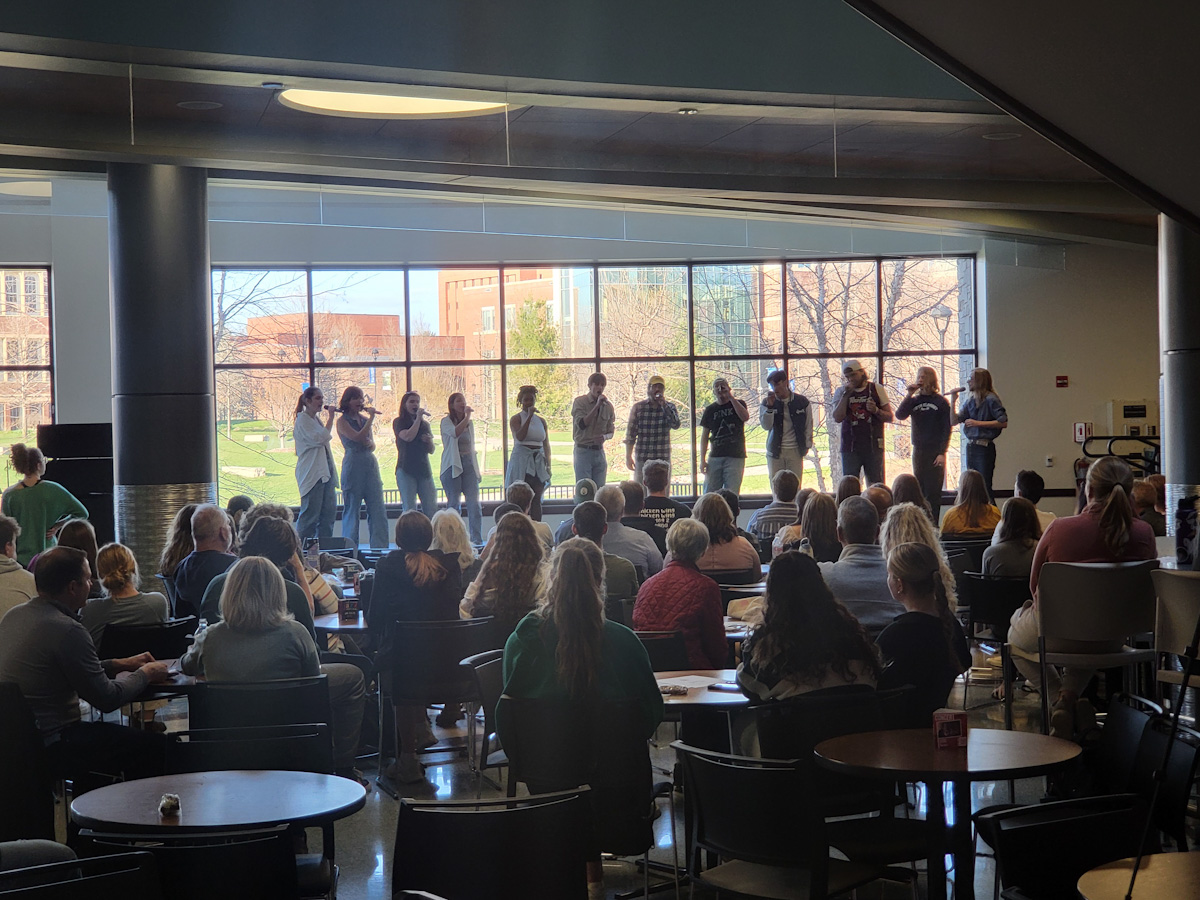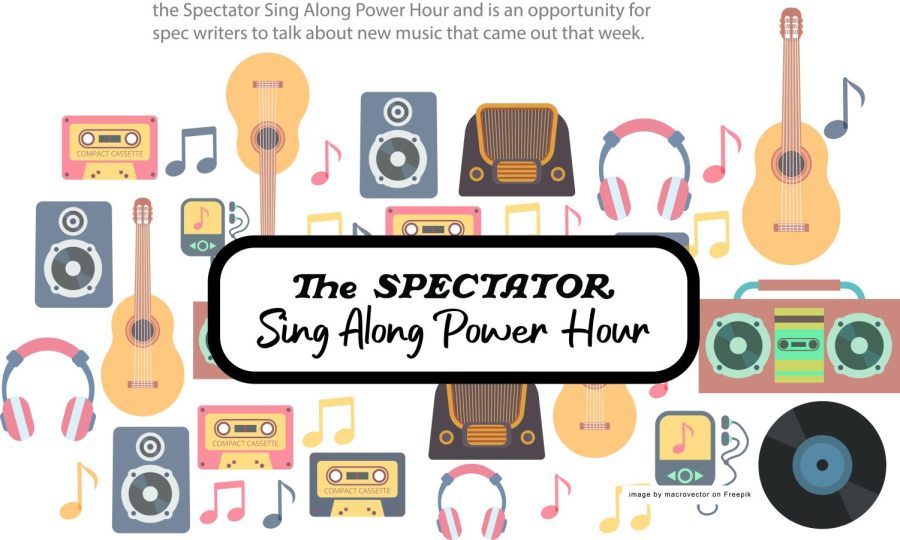“Good try, we don’t like it … We won’t take that s***.”
Sung with disgruntled passion over crashing drums and cleanly-strummed guitars, these lyrics are repeated in the chorus of “I Can’t Win” to close out The Strokes’ 2003 sophomore album “Room on Fire.” While ROF was predominately met with positive reception, both critically and commercially, the band’s next release — 2006’s “First Impressions of Earth” — proved a disappointment for the majority of “Stroke-heads” everywhere; namely, as the result of a somewhat fruitless attempt to veer towards a new, more “mainstream” sound.
Now, after a five-year break — a break during which four of the five members embarked on solo endeavors, and the question of “Will The Strokes ever return?” became a regularly mumbled phrase from the mouths of fair-weather fans and devout music critics alike — New York City’s finest have returned to the music scene with their highly-anticipated comeback album Angles: here at last after a half-decade hiatus.
To use their own words: Good try, guys. I don’t like it (well, at least I didn’t initially).
As a borderline-obsessed fan of The Strokes, it wasn’t easy for me to type that sentence. But in reality, the album was kind of a buzzkill.
The buzz I’m referring to, more or less, is the album’s first single, “Under Cover of Darkness.” Somewhat the outlier of “Angles,” the song — which features classic Strokes-ish elements of danceable drum beats, snazzy bass riffs, grungy vocals and catchy guitar solos — was exactly what Strokes fans everywhere, myself included, were hoping for. It was a little bit “Room on Fire,” a little bit “Is This It” (the band’s 2001 debut album) and a whole lot of … well, awesome. It set the expectation that the band was back and better than ever before.
Sadly, the song is the only one of its kind on the album. The remaining nine tracks are quite different; not bad songs, necessarily — just a far reach from the normal Strokes sound that “Darkness” teased its fans with.
In essence, the album is just another experiment of “artistic expansion” of their sound — something that will most likely create a clear division between those who are sticklers for the group’s old tunes and the band’s most loyal fans willing to give a chance to anything The Strokes
put out.
It’s almost ironic, then, that the album begins with Julian Casablancas singing “I’m putting your patience to the test.” Touché, sir.
At first listen, I hated “Angles.” Despised it, even. I was rather close-minded going into it, seeing “Darkness” as my guiding light to the Holy Land that was The Strokes’ dynamic homecoming. I really just expected something great.
Instead, the majority of its songs were fused with what appeared to be a strong ’80s theme — hand claps, synthesizers, fast-paced bass lines against a “tss”-ing snare drum. Just strange, really … I couldn’t even tell what band I was listening to anymore.
Not that I should have expected differently, though. For the first time in their 10 years together, songs for “Angles” were collaboratively written by the band. Their initial three albums saw Casablancas writing everything (lyrics, guitar solos … lock, stock and barrel), but upon return from their hiatus, it seems, everyone wanted a piece of the songwriting pie.
And the jumbled, somewhat awkward montage of genres in “Angles” makes that quite obvious.
After a few more listens to it, though, something happened. I don’t know whether to call it “enlightenment” or resort to the “third time’s a charm” principle; in any case, something just clicked — I actually (kind of) enjoyed it.
In my pseudo-nocturnal state of writing this review, I literally had to pause so I could sleep on it and give more thought to my decision.
After listening to it once more (and displaying patience, per Casablanca’s request) I realized that it was a fair — but not great — attempt to incorporate every member’s musical passion into one album. It didn’t quite work, but it still wasn’t awful.
There were definitely some highlights: The chorus for “Taken for A Fool” displays one of the band’s best melodies to date, and the infectiously-catchy, finger-snapping “Gratisfaction” was stuck in my head for days after first listen. Plus, “Darkness” remains one of my favorite songs from the group.
Ultimately, it’s not their best work —that’s pretty obvious. The vast sidestep from their usual sound is almost enough to send most fans running for the hills.
It is, however, worth a listen. It’s not necessarily a good Strokes album, but it is a decent album … if that makes any sense. While I realize the most die-hard Strokes fans will most likely be appalled (as I originally was), it still serves as a stepping stone into what will (hopefully) be another great album.
To add to that, lead-guitarist Nick Valensi released news to the media that there will in fact be a fifth album in the future. Using “Angles” as a post-break learning step (and display of new song-writing potential), I can only hope something great is still on the horizon.






